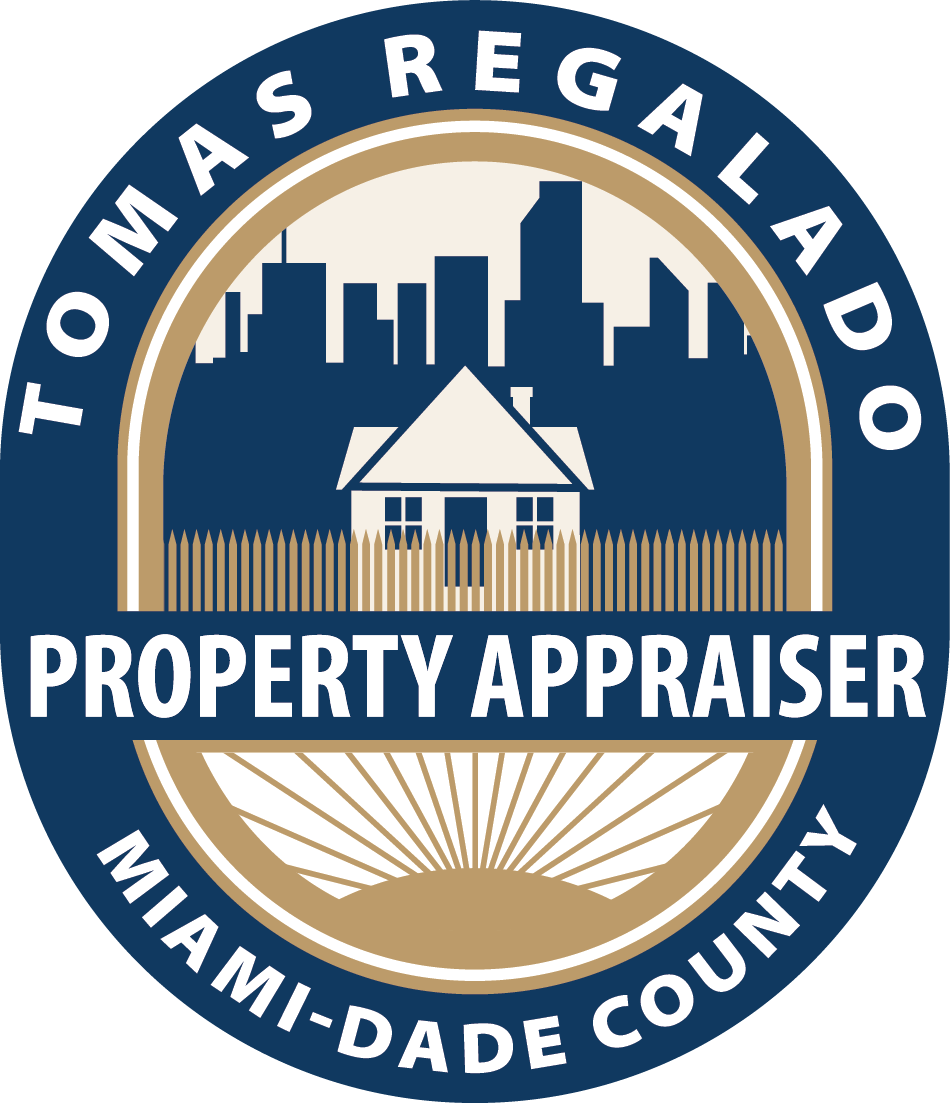Total and Permanent Disability
Florida residents with a Homestead Exemption who have total and permanent disabilities can qualify for assessment reductions or exemptions from all ad valorem taxes.
Total and permanent disability is defined as an impairment of the mind or body that renders a person unable to engage in any substantial gainful occupation and that is reasonably certain to continue throughout life.
In the case of multiple owners, the exemption applies proportionately to the person’s interest.
Paraplegic, Hemiplegic or Confined to Wheelchair
A permanent Florida resident who meets certain requirements can qualify to have his/her homestead residence exempted from all ad valorem taxes.
- Submit two Doctor's certificates (DR-416) from two professionally-unrelated Florida-licensed physicians, or two physicians from the United States Department of Veterans Affairs, confirming the applicant as being paraplegic, hemiplegic, legally blind or totally and permanently disabled
- Must use a wheelchair for mobility
On the Property Tax Exemption (DR-501) form, select Certain total and permanent disabilities - limited income and hemiplegic, paraplegic, wheelchair required, or legally blind.
In addition, applicants must meet income limits.
Total household adjusted gross income for everyone who lives on the property cannot exceed $36,745 in the previous year, 2024, based on the figure set by the Florida Department of Revenue.
Quadriplegic
- Submit two Doctor's certificates (DR-416) from two professionally-unrelated Florida-licensed physicians, or two physicians from the United States Department of Veterans Affairs, confirming the applicant as being quadriplegic
There is no income qualification required for this exemption.
Totally and Permanent Disabled with No Wheelchair
- Must be certified by one Florida licensed physician (DR-416) as being totally and permanently disabled, but not requiring the use of a wheelchair for mobility
Submit Your Application
Applications and required documentation must be submitted by March 1.
The denial of a Disability Exemption will not affect any other exemption you receive such as the Homestead Exemption.
You may submit your application using the following methods:
- Apply online - Use our secure Application Portal
- By email - Submit the completed form using our Contact Form
- Schedule an Appointment – Use our Appointment Application to book a visit at either SPCC or South Dade.
Walk-In
- Stephen P. Clark Center
111 NW 1 Street
Suite 710
Miami, FL 33128 - South Dade Government Center
10710 SW 211 Street
2nd Floor
Cutler Bay, FL 33189
To confirm your application has been received and to track its status, visit the Track Your Application Status webpage. For more information, call 305-375-4712.
You can file a late property tax exemption application starting March 2 until the expiration on your August Notice of Proposed Property Taxes (TRIM Notice), which is on or before September 20. You may have to file a petition with the Value Adjustment Board; a $15 fee may be applicable.
You can file a late application online, by mail, email or in person. For more information on how to file a late application, call 305-375-4712.
Related Services
The Disability Exemption is automatically renewed each year. Receipts are mailed by February and include income limit information for exemptions with income limits.
If you are still eligible for these exemption(s), you do not need to take any further action. Keep the automatic renewal receipt our office mails every year with the updated adjusted household for your records.
Florida Law prescribes that it is the duty of the owner of any property to notify the Property Appraiser promptly whenever the use of the property or the status or condition of the owner changes, so as to change the exempt status of the property.
If any owner fails to notify the Property Appraiser, and the Property Appraiser determines that for any year within the prior 10 years the owner was not entitled to receive such exemption, the property shall be subject to the taxes exempted as a result of such failure, plus 15 percent interest per year, and a penalty of 50 percent of the taxes exempted.





